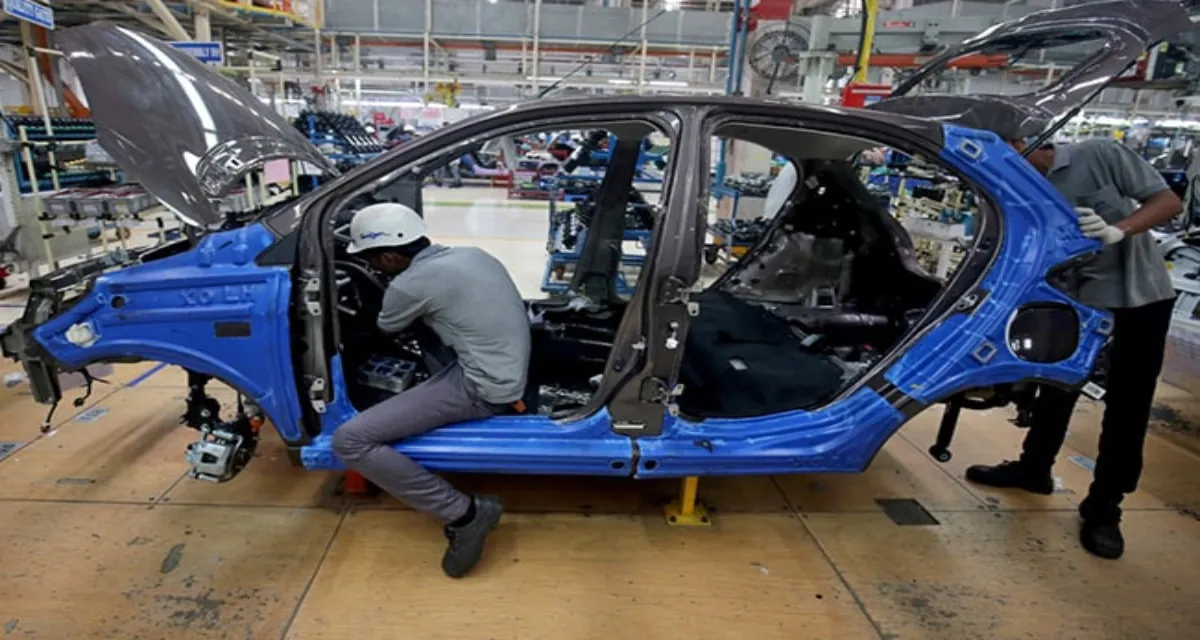

In a sudden change of events, Car sales in Ahmedabad fell 11% in the previous month after roughly a year of positive year-over-year growth.
This is just one more aspect of the bigger issue that characterizes the nation's automotive industry generally, along with shifts and diversions in the economy, shifting consumer preferences, and associated supply chain disruptions. FADA Gujarat reports that sales of passenger cars were 25,891 for the month, down from 28,986 for the same period in 2023.
Car sales typically fluctuate in February because of financial year-end and budget announcements, but this year's 11% decline is unexpected and has dealers and manufacturers in a frenzy. News reports and experts believe that this unanticipated decline could have several causes. Read the causes in detail below:
Also Read: Indian Car Industry Boosts Growth Forecast to Over 8% for FY24
Moreover, other economic variables that might influence consumer confidence and purchasing are rising fuel prices and interest rates. Uncertainty about the economy does make prospective car buyers more cautious and less inclined to make major purchases.
According to Pranav Shah, the former chairman of FADA Gujarat, "Car prices rise annually as a result of rising commodity prices. The price of cars has increased by 2-4% starting in February of this year, across all brands and segments. These price increases act as temporary demand dampeners, which has had a significant effect on car sales. Car sales have also continuously increased and remained high. There is a possibility of a drop in sales due to the high-base effect.”
A senior RTO official expressed a similar opinion when he stated, "The decline in the demand for passenger cars is primarily due to rising prices and no significant discounts on new cars which functions as a stopgap."
Consumer preferences have also changed significantly in favor of the growth of electric vehicles (EVs) and environmentally friendly auto alternatives. The fact that traditional automakers are finding it extremely difficult to keep up with this shifting landscape, however, means that supply and demand are still mostly out of step with the realities of the market.
According to Jigar Vyas, CEO of an Ahmedabad-based auto dealership, "Customers' tastes have drastically changed, and demand for entry-level vehicles has dropped. These vehicles are in stock at the dealership. Conversely, SUVs are in high demand and have a lengthy waiting list. Although there is a supply shortage, premium segment cars and CNG variants are also becoming more popular.”
The pandemic's effects on global supply chain delays are still being felt by the car industry. Despite all the difficulties of the present, most experts predict a bright future. This year, they expect a very gradual recovery brought on by improved consumer confidence, supply chain smoothing, and economic stabilization.
Now, everyone will be watching the next few months to see how Gujarat's car sales develop and what direction the larger Indian automotive market takes. FADA also states, "The near-term outlook for March 2024 suggests cautious optimism, with potential growth driven by robust signals from the rural market."
Also Read: Top 10 Cars With Best Exterior